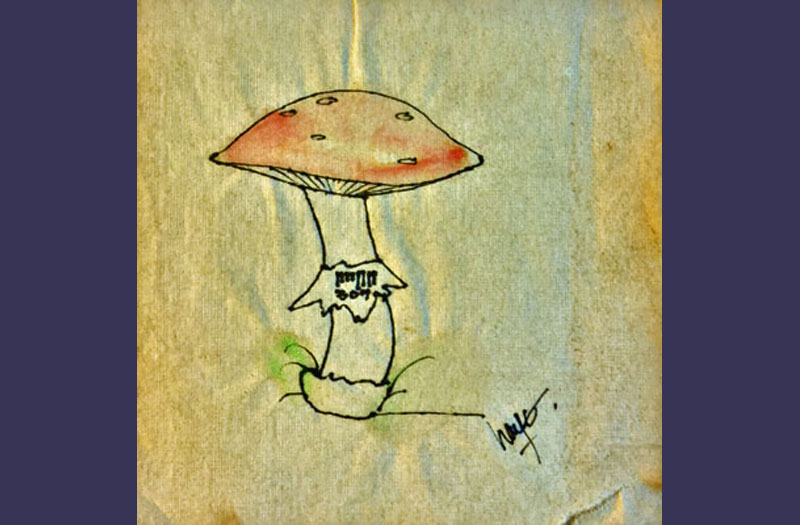Last year Think in the Morning posted our Best Commencement Speech Ever by David Foster Wallace. There have been many great commencement addresses over the years. Undoubtedly there will be more. We still think DFW’s is one of the best and we read and listen to it often to remind us of the important points he makes in his own unique way. The address is available in book form under the title This is Water: Some Thoughts, Delivered on a Significant Occasion, about Living a Compassionate Life.
We recently attended the commencement celebration for our grandson from high school and it reminded us of an important statement by J.K. Rowling: Age is foolish and forgetful when it underestimates youth. How true that is and how significant it was for us to witness that truth live and in person.
Contrary to the popular aphorisms, age does not automatically bring wisdom, experience does not guarantee competence, and practice does not always make perfect. As DFW so eloquently points out, your education really is the job of a lifetime.Truth with capital T is about life before death, it is about choosing how to think, what to think, getting away from your default setting.
The default setting to which DFW refers is the strong feeling that it’s all about me. Of course, on some level it is but on another equally important level it isn’t. We explored this very topic in our recent blog The Shell.
Without flexibility and change, there is no growth. Truth with a small “t” is about acknowledging that the facts change and that we must change with them if we are to survive. The famous economist John Maynard Keynes was said to have responded to a critic who called him out on a reversal of opinion:When the facts change, I change my mind, what do you do sir?
The commencement speaker at my grandson’s graduation, April Strickland, is an alumni of the same high school. She has an illustrious resume and is currently a visiting professor of anthropology at Bowdoin College. Our ears perked up when she mentioned that education is not about true and false, as important as that is, but about why and how. Given the diverse world in which we live, it is inevitable that we will be confronted with people and environments that differ greatly from those with which we are most familiar. When that happens, Ms. Strickland suggests that it behooves us to ask the questions why and how, not to judge but in an attempt to understand. It struck me that this is the same point that DFW makes in This is Water.
No doubt graduation ceremonies are a time when everyone congratulates themselves, parents for persevering and succeeding in raising good kids, students for surviving and conquering a lifetime of educational hurdles, and teachers for their unique role in making both happen. However, it should also be an opportunity to remind ourselves that, as DFW points out:
… The capital-T Truth is about … the real value of a real education, which has nothing to do with grades or degrees and everything to do with simple awareness—awareness of what is so real and essential, so hidden in plain sight all around us, that we have to keep reminding ourselves over and over …
that the default setting, it’s all about me, keeps us plodding along on the wrong path. Simply put by the poet William Blake: Improvement makes straight roads; but the crooked roads without Improvement are the roads of genius. Or, as April Strickland puts it, how and why are equally important as true or false. A blind alley is not blind. It is one of the many roads we take to learn what we could otherwise never learn.
They say time passes faster as we age. One explanation is that for a child everything is new so that what they see takes a long time to process while for someone old “there is nothing new under the sun” so the old charge ahead without processing what surrounds them.
A fool sees not the same tree that a wise man sees. William Blake


Very nice, very nice.